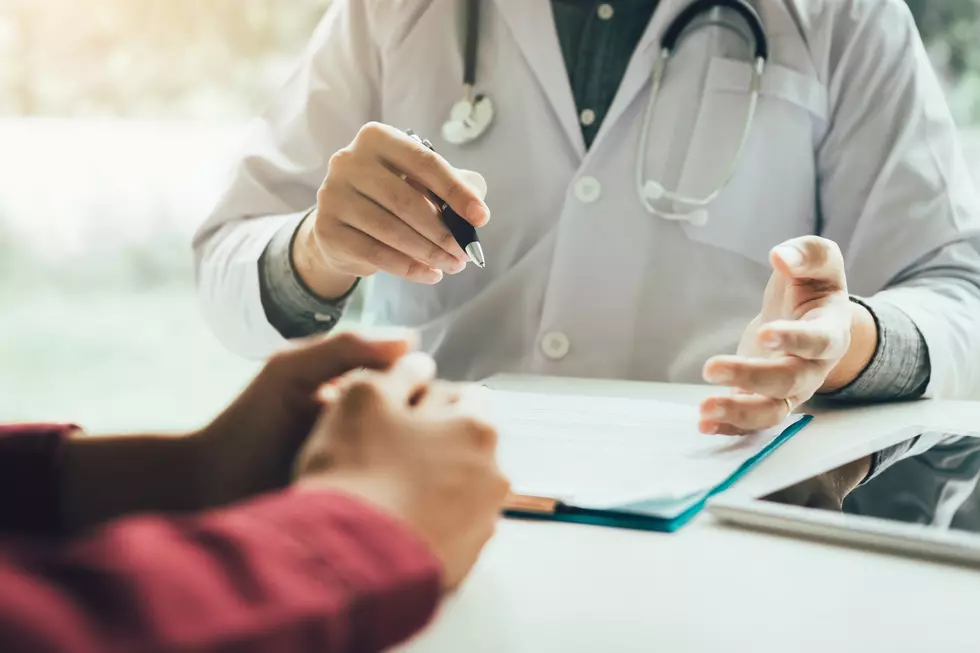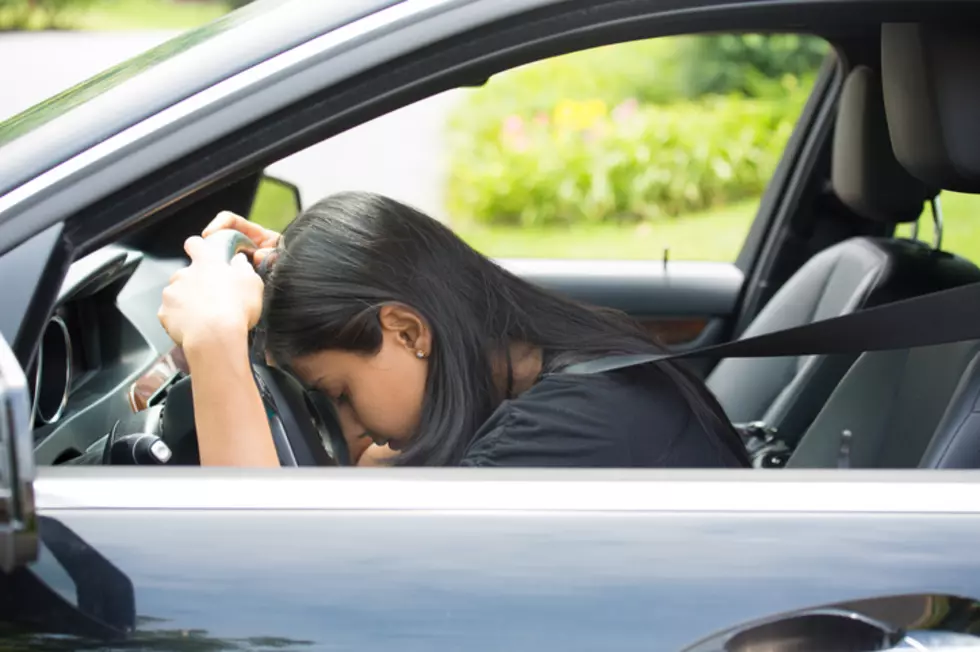
HIV/AIDS in New Jersey — how to prevent new diagnoses
The prevalence of HIV/AIDS has decreased significantly in New Jersey over the years, along with the number of new diagnoses each year.
Still, tens of thousands of New Jersey residents are currently living with the potentially fatal virus, and certain populations are bearing the burden more than others.
Dec. 1 marks World AIDS Day 2022. This year's theme is "Putting Ourselves to the Test: Achieving Equity to End HIV."
In 2020, the most recent year for which statistics are available, Black and Hispanic residents accounted for more than 700 new HIV/AIDS diagnoses in the Garden State. White residents accounted for 152.
There are 35,000 new infections of HIV each year in the United States, according to HIV.gov. Black and African-American residents make up 14% of the U.S. population, but represent 44% of new infections nationwide. Sixteen percent of the country's population are Latino, and account for 20% of new HIV infections.
"That's really because of inequity in health care," said Sean Patrick Riley, a nurse practitioner for the Babs Siperstein PROUD Center at Robert Wood Johnson University Hospital Somerset. "It's because of barriers to care, such as insurance, access to testing, expensive treatment, stigma within the community."
Lack of insurance, though, Riley said, should not be a reason that an individual does not get tested for HIV. Left untreated, the virus can develop into AIDS, which is essentially the end stage of the virus that results in deadly complications.
A diagnosis of HIV is not the death sentence it once was. Once an individual is diagnosed, they have the virus for life. But it can be controlled, to both maintain the patient's health and eliminate risk to others.
A major piece in the fight against HIV/AIDS is prevention, Riley said — specifically, getting PrEP (pre-exposure prophylaxis) in the hands of individuals who are considered to be the most at risk for HIV, such as men who have sex with men, members of the LGBTQ community who have sex with men, and the sex-work population.
"It's possible for people who are HIV positive to be in a relationship with someone ... and it's possible for that other person to never contract HIV," Riley said.
Through the use of treatment among individuals with a positive diagnosis, viral loads can be brought down to undetectable levels, which equates to the virus being untransmittable.
As of June 30, 2021, there were close to 38,000 New Jersey residents living with HIV/AIDS, according to the state Department of Health.
Dino Flammia is a reporter for New Jersey 101.5. You can reach him at dino.flammia@townsquaremedia.com
Click here to contact an editor about feedback or a correction for this story.
UP NEXT: See how much gasoline cost the year you started driving
NJ Diners that are open 24/7
More From Beach Radio










